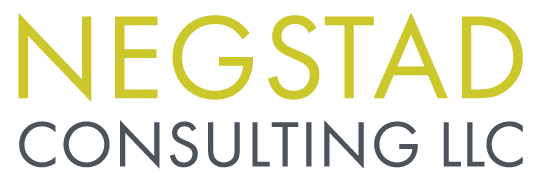5 Minutes on Emergent Landscapes
I recently had the pleasure of working with a client for over a year.
I love the way long-term projects allow us to evolve and dig deep.
We can commit to learning and adapting together as the year progresses.
We can live into the future. We can work with the mystery that births new ideas and directions.
We can help each other not get stuck in old patterns.
In other words, we can embrace emergence.
Emergent landscapes are spaces where we can sense the old pattern needs changing.
Something new is emerging but we don’t quite know what it is yet. Emergent landscapes often require new ways of thinking and adapting.
Think COVID or climate change.
But there are smaller examples, too. You might find yourself in a space of emergence in your organization, the community you work with, or on your team.
Your organization is moving to a co-CEO model.
Demographics are shifting.
New generations joining the team are bringing new ideas and ways of working.
Funders are changing their focus and way they do grantmaking.
You are trying to create a deeper belonging with your organizational culture.
You’ve realized your board needs a new way of operating.
Change is afoot and the future is uncertain.
In emergent landscapes, traditional planning tools don’t work.
Strategic planning and well thought-out agendas are important, useful tools. They just aren’t the right tools for times of emergence and uncertainty.
We have to sense our way into the new patterns we want to create.
And that isn’t easy.
It can be hard to stay in the place of emergence. It’s tempting to retreat to old patterns or rely on a false sense of certainty.
But we have tools we can use to help us stay with the uncertainty long enough to find new patterns.
Over the course of the next three newsletters we are going to explore three of these tools.
Pay attention to the external context/environment/ecosystem for clues of new energy, new possibilities, new connections, new insights.
Be kind and gentle with one another and forgiving about mistakes, ‘failures,’ or the need to try again. In living systems, there is no failure, just feedback. When feeling judgment towards others, turn it into curiosity, when feeling defensive turn it into self-exploration.
Create some simple agreements about how you want to be together in times of uncertainty and instability.
If you have time, take a few minutes to ponder these questions:
Where in your work are the tools you are used to using just not working anymore?
Where could you benefit from staying in the uncertainty longer, even if it’s uncomfortable?
When you listen to your gut, where might you be working in an emergent landscape?

